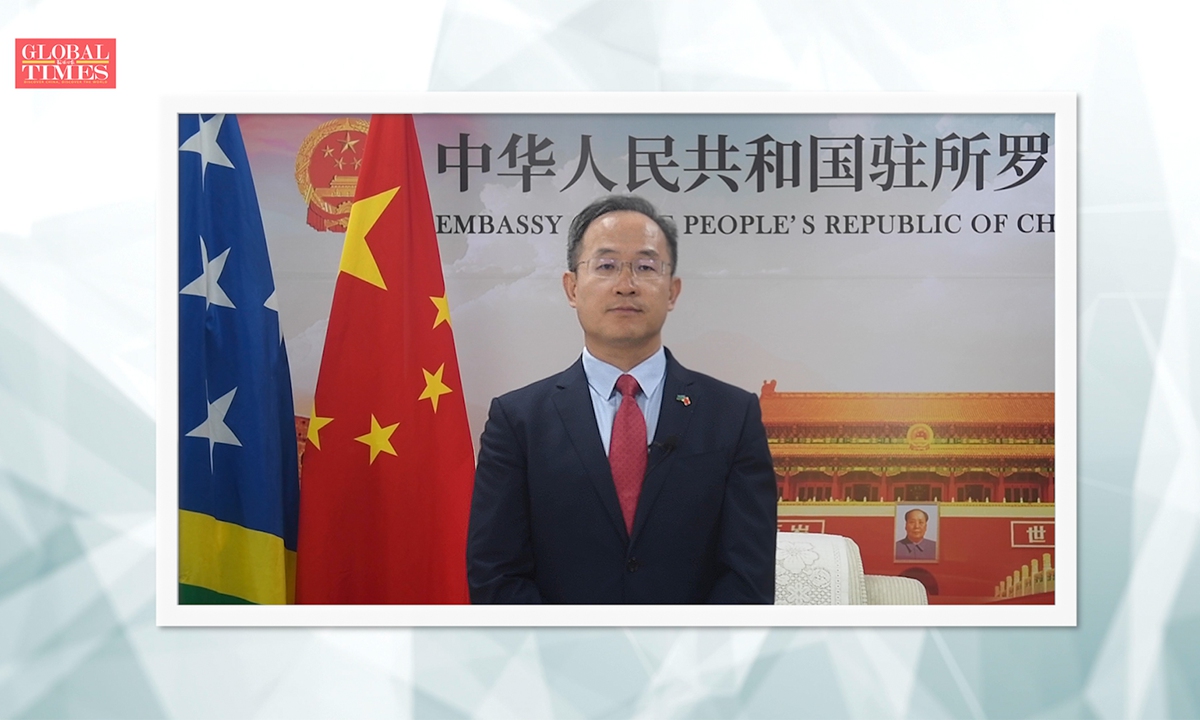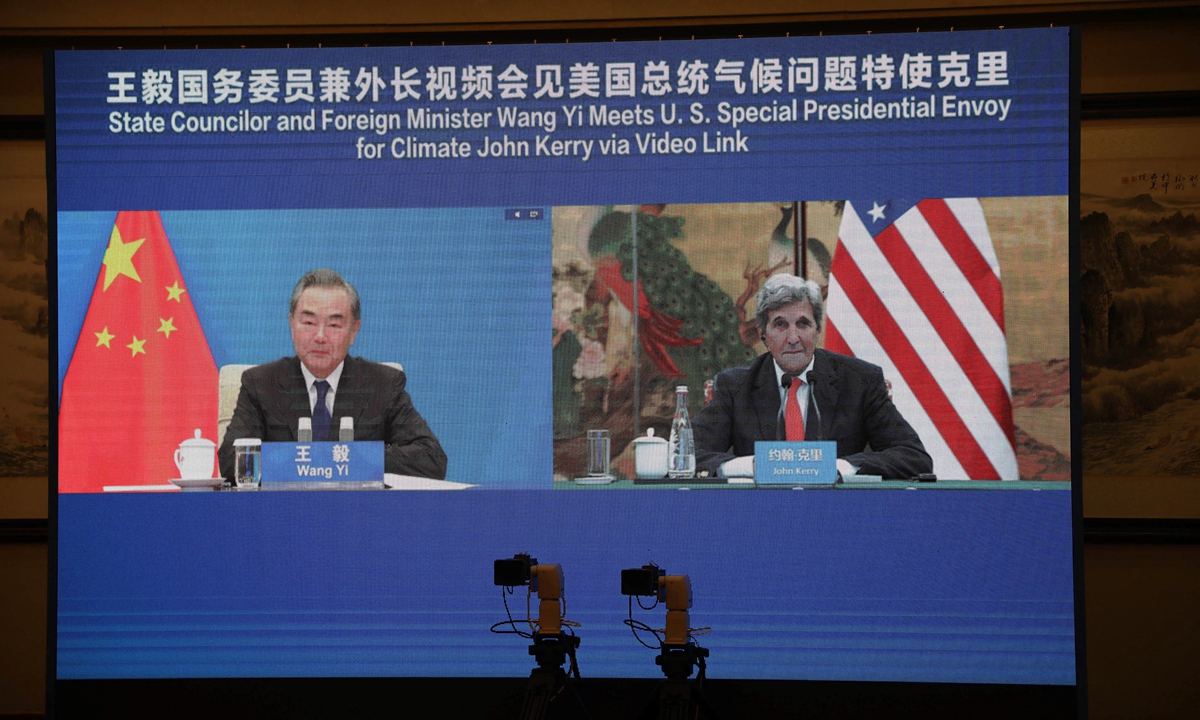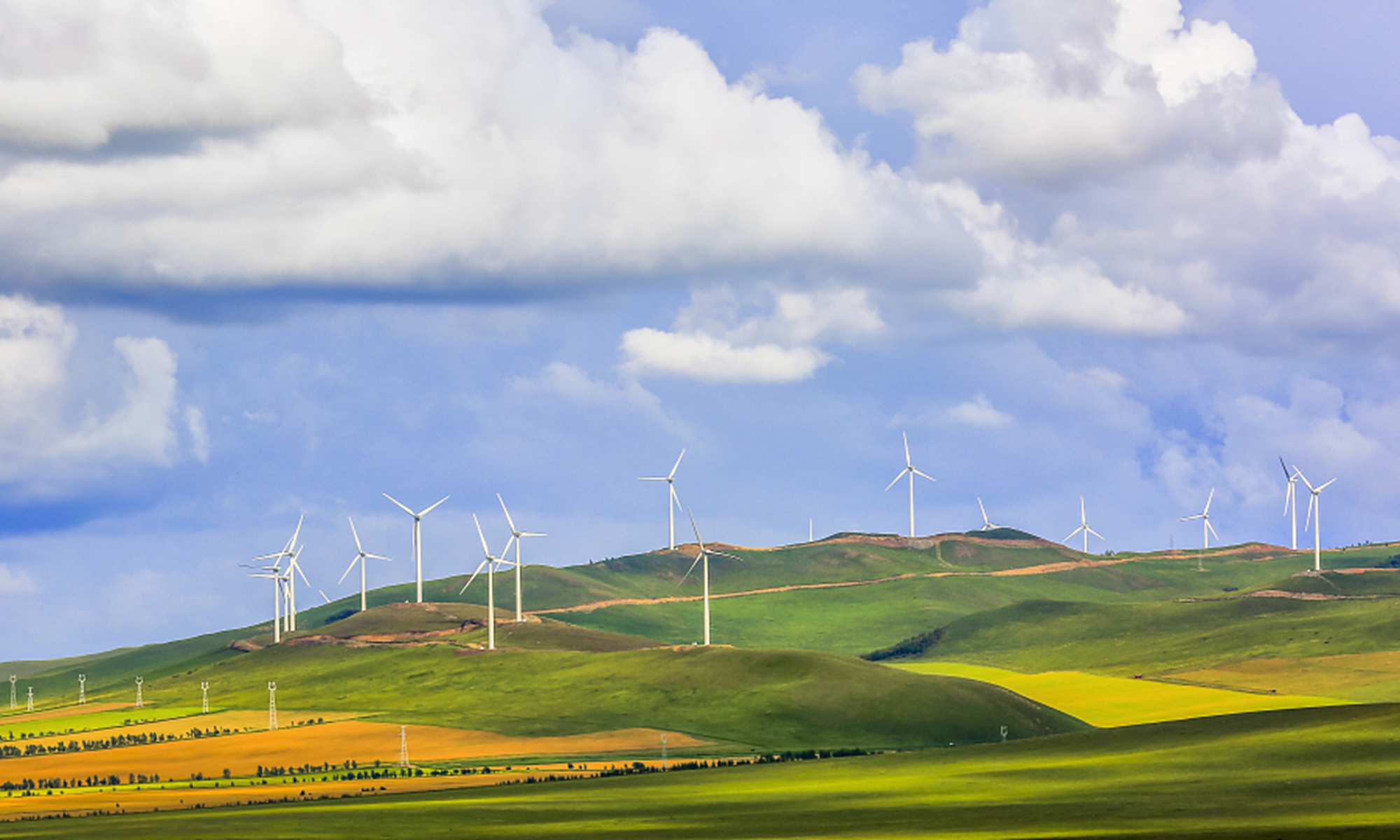We are at a historic moment. Until very recently, modernity was virtually synonymous with the West. Indeed, the West believed - and still does - that there was only one form of modernity and that was Western modernity. There was just one path: modernization was a process of westernization. This story has a long history. Modernization starts with Britain's Industrial Revolution in the first half of the 19th century. It provided the wherewithal for Britain's vast colonial empire, which came to embrace a quarter of the world's population, in the second half of the 19th century. By 1900, modernization had spread to the US and much of Europe. Apart from Japan, it was an exclusively Western phenomenon. Western-style modernization divided the world into two: the rich world, that was the West; and the great majority, most of whom were colonized. The turning-point came in the second half of the 20th century. The Chinese Revolution in 1949 and decolonization created the possibility for modernization to spread to the great majority of the world's population.
China was to prove the decisive factor in this new possibility. Its demographic size, its sense of independence and identity, its rich historical inheritance, and a remarkable political leadership enabled it to achieve a Chinese path to modernization. It was not the first East Asian country to do so, but it was by far the most important. And its success has greatly enhanced the ability of other developing countries to undertake the process of modernization. We now find ourselves at a great historical juncture. Hitherto modernization was the preserve of a small minority of privileged countries in the world, with the great majority of the world excluded. Now modernization is no longer for a tiny sliver of humanity but is increasingly accessible to the great majority.
We stand on the eve of a very different kind of world. China has been the author and architect of this possibility. It has been the exemplar of what it is possible for the developing world to achieve - huge reduction in poverty, extraordinary economic growth, the transformation of the lives of the people, an economy to match that of America - who would have thought in 1950 that the economy of a former semi-colony, virtually stagnant for the best part of two centuries, could have reached such a point in, historically speaking, the blink of an eye?
When we think of modernization, we think, probably more than anything else, of technology. When we recall Britain's Industrial Revolution, we remember the steam engine and railways. China's remarkable technological advances - WeChat, high-speed rail, 5G, space exploration, quantum computing, AI and its electric cars that are about to take the world by storm - are a source of great pride not only for China but the whole developing world, a demonstration of what can be achieved. And, of course, they are the compelling evidence that China now stands on the verge of becoming the world's technological leader.
But modernization is about much more than economics and technology. Let us return to what Western modernization meant for the world. It paved the way for colonialism, it divided the world into two, one part very small and rich, the other very large and poor. Chinese modernization promises something very different. While the West colonized large tracts of the world, China, in contrast, offers them a win-win relationship and the Belt and Road Initiative. Or take global governance. The Western-made world is a minoritarian world, a global order dominated by a small oligarchy of rich countries in the G7 representing little more than 12 percent of the world's population. For the first time in modern history, we can now see the possibility of a majoritarian form of global governance based first and foremost on the peoples of the developing countries, including, of course, China, which together account for over 85 percent of the world's population. Such a prospect would have been unimaginable in 1950, let alone 1900. While the Age of the West was the Age of the Small Minority, the Age of China will be the Age of the Great Majority. The whole world will be enfranchised.
But it will mean much more than that. There will be a new kind of respect for countries and cultures. Countries will be encouraged to pursue their own path based on their own distinctive history. Western modernization required them to follow a Western path and pursue a Western-style modernity. One of the tragedies of colonialism (and neo-colonialism, indeed) was that it sought to undermine, eliminate, and destroy the indigenous traditions, customs, and practices of those who were colonized. In the process, much of the history and continuity of these societies was lost. The present-day Western hostility to the idea of civilization is because the very term is testament to, and an acknowledgement of, independence and difference, which the West sought to excise in the name of modernization and Westernization. On the contrary, civilizations and civilizational difference need to be recognized, honored, and respected in the manner articulated in China's Global Civilization Initiative. China as a civilization-state has a deep understanding of the value of civilizational difference.
It seems highly likely that the era of Chinese modernization will coincide with a dramatic new phase of technological innovation which will transform the world in ways far greater than anything we have ever seen in the past across a range of fields from artificial intelligence to medical science. While the potential dangers and pitfalls are many, the future holds huge hope for humanity.
The author is a visiting professor at the Institute of Modern International Relations at Tsinghua University and a senior fellow at the China Institute, Fudan University. Follow him on Twitter @martjacques. opinion@globaltimes.com.cn











